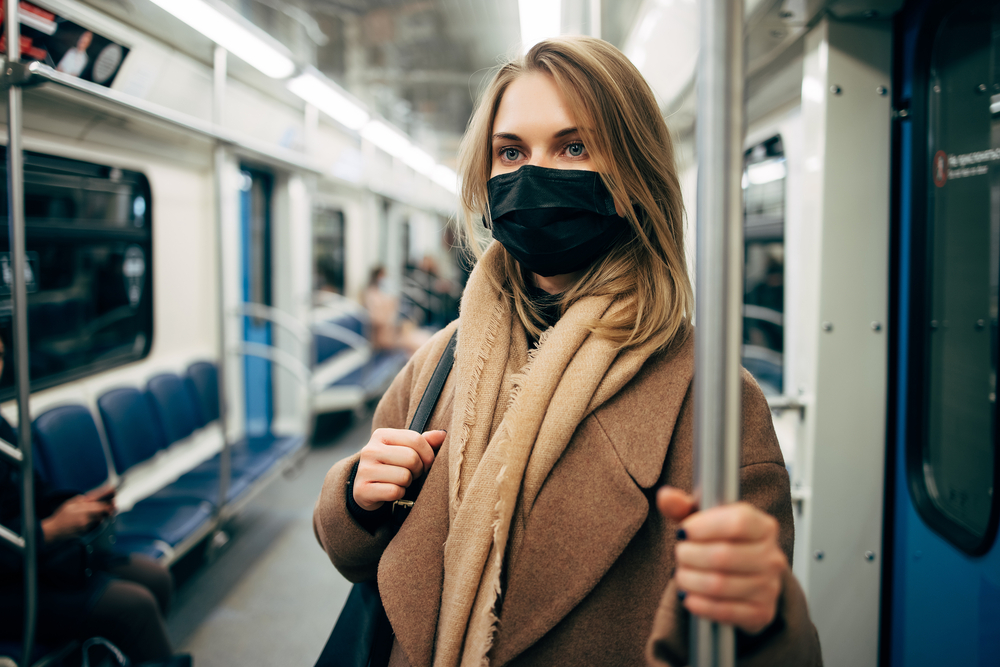Dutch Minister of Health Ernst Kuipers calls on all sectors to prepare for a new wave of coronavirus infections in the autumn.
Criticism from hospital directors, scientists, and virologists, says they fear a new lockdown because the Dutch cabinet’s policy is not prepared for a spike in coronavirus infections.
READ MORE | Coronavirus in the Netherlands: all you need to know [UPDATED]
Viral revival
Kuipers acknowledges that the Netherlands lacks a good strategy in case coronavirus infections do increase in the fall. However, he emphasises that each sector should prepare accordingly.
He also expects a “revival” of the virus in autumn, estimating five to 10 million infections in the country, reports the NOS.
One major difference we can expect? Kuipers wants the sectors to take charge in combatting the virus instead of the government.
“What I can do is closely monitor the virus, announce a new round of vaccinations, and stimulate healthcare to take all measures. But at the same time, the question to the school or the restaurant owner is: what do you do in your life and environment?”, says Kuipers.
“Coronavirus belongs to us”
Kuipers also expressed that The Hague is no longer responsible for coronavirus measures and combatting. “The sectors and the citizens themselves say: let us take control.” However, not all sectors are equally prepared.
According to Kuipers, many hospitals still don’t have sufficient plans for scaling up healthcare in case patients increase. The catering industry also lacks a plan to remain open safely.
On the other hand, the education sector is well-prepared. With good ventilation, low-threshold testing, and even shifting around holidays based on infections, students will most likely be able to continue their studies.
Booster shots and virus testing
Kuipers wants to avoid severe measures like the previous winters, however, he will implement measures if they minimise infections. This includes a new round of booster vaccines and mandatory face masks in public transport.
The GGD can also set up vaccination centres and large-scale testing facilities within six weeks. Until then, the Dutch government, the RIVM, and the GGD will monitor the coronavirus cases in the country.
Want the latest Dutch news to come zooming through the internet to your inbox? Dat kan! Subscribe to DutchReview’s weekly roundup 📮



